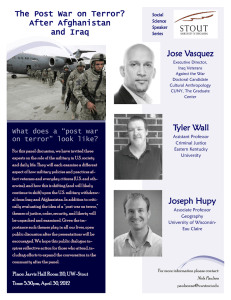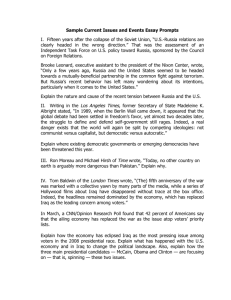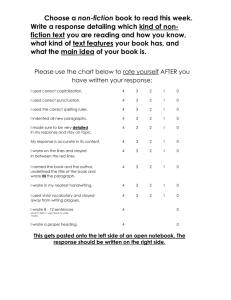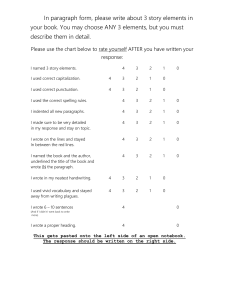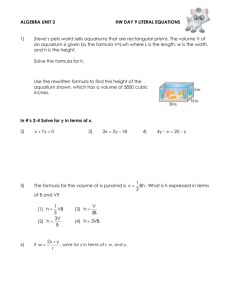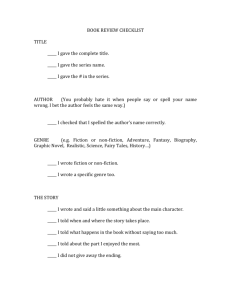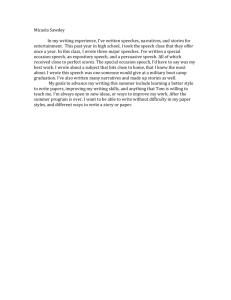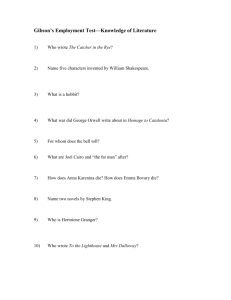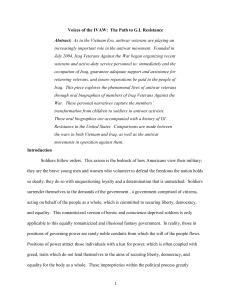No one knows war like those who fight it
advertisement
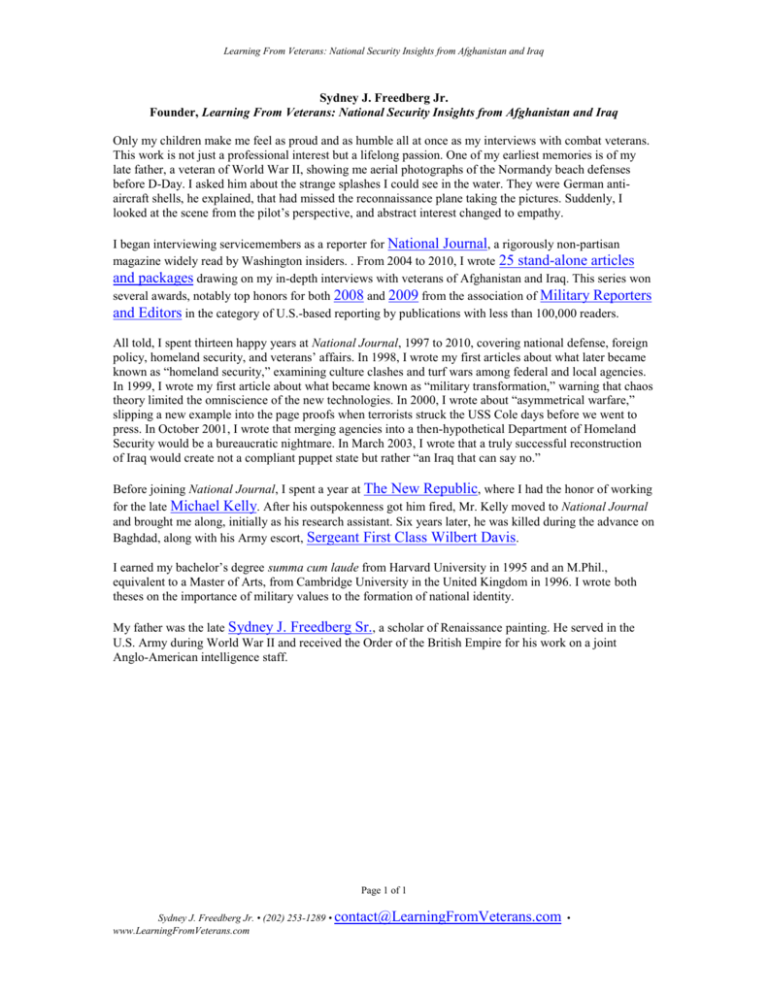
Learning From Veterans: National Security Insights from Afghanistan and Iraq Sydney J. Freedberg Jr. Founder, Learning From Veterans: National Security Insights from Afghanistan and Iraq Only my children make me feel as proud and as humble all at once as my interviews with combat veterans. This work is not just a professional interest but a lifelong passion. One of my earliest memories is of my late father, a veteran of World War II, showing me aerial photographs of the Normandy beach defenses before D-Day. I asked him about the strange splashes I could see in the water. They were German antiaircraft shells, he explained, that had missed the reconnaissance plane taking the pictures. Suddenly, I looked at the scene from the pilot’s perspective, and abstract interest changed to empathy. I began interviewing servicemembers as a reporter for National Journal, a rigorously non-partisan magazine widely read by Washington insiders. . From 2004 to 2010, I wrote 25 stand-alone articles and packages drawing on my in-depth interviews with veterans of Afghanistan and Iraq. This series won several awards, notably top honors for both 2008 and 2009 from the association of Military Reporters and Editors in the category of U.S.-based reporting by publications with less than 100,000 readers. All told, I spent thirteen happy years at National Journal, 1997 to 2010, covering national defense, foreign policy, homeland security, and veterans’ affairs. In 1998, I wrote my first articles about what later became known as “homeland security,” examining culture clashes and turf wars among federal and local agencies. In 1999, I wrote my first article about what became known as “military transformation,” warning that chaos theory limited the omniscience of the new technologies. In 2000, I wrote about “asymmetrical warfare,” slipping a new example into the page proofs when terrorists struck the USS Cole days before we went to press. In October 2001, I wrote that merging agencies into a then-hypothetical Department of Homeland Security would be a bureaucratic nightmare. In March 2003, I wrote that a truly successful reconstruction of Iraq would create not a compliant puppet state but rather “an Iraq that can say no.” Before joining National Journal, I spent a year at The New Republic, where I had the honor of working for the late Michael Kelly. After his outspokenness got him fired, Mr. Kelly moved to National Journal and brought me along, initially as his research assistant. Six years later, he was killed during the advance on Baghdad, along with his Army escort, Sergeant First Class Wilbert Davis. I earned my bachelor’s degree summa cum laude from Harvard University in 1995 and an M.Phil., equivalent to a Master of Arts, from Cambridge University in the United Kingdom in 1996. I wrote both theses on the importance of military values to the formation of national identity. My father was the late Sydney J. Freedberg Sr., a scholar of Renaissance painting. He served in the U.S. Army during World War II and received the Order of the British Empire for his work on a joint Anglo-American intelligence staff. Page 1 of 1 Sydney J. Freedberg Jr. • (202) 253-1289 • contact@LearningFromVeterans.com • www.LearningFromVeterans.com
